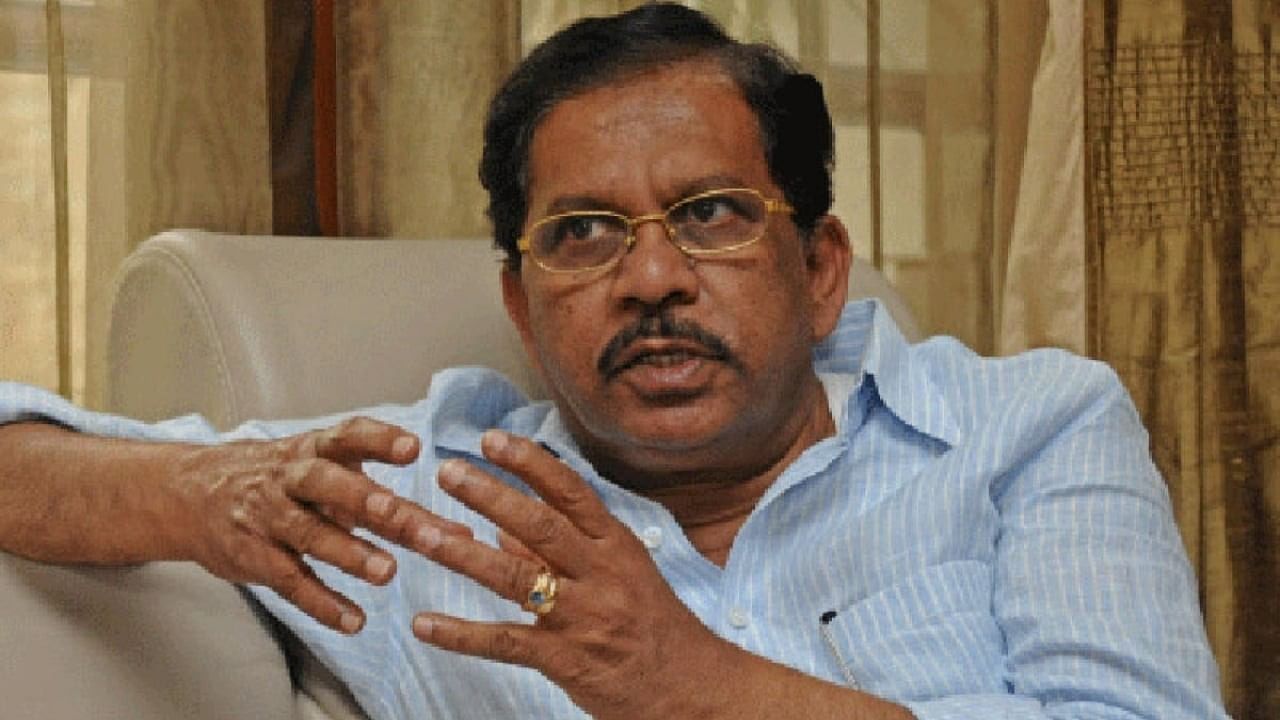
Karnataka Home minister G Parameshwara.
Credit: DH File Photo
Bengaluru: Bengaluru: With the October 28 Cabinet meeting slated to discuss the caste census report, Karnataka Home Minister G Parameshwara said on Tuesday that its findings must become public even if the government defers a decision on it.
“Once the report is tabled in the Cabinet, we can discuss and decide based on its merits and demerits. However, it is important to publish it, since Rs 160 crore has been spent on it. The people should know what the findings of the report are and let no community be alarmed by it,” Parameshwara, a Dalit, said.
"We have to table the report as otherwise the government and the chief minister would be accused of closing the issue," he added.
Recently, Parameshwara mentioned that the caste census data would help determine internal reservation.
The home minister’s comments came even as the All India Veerashaiva Mahasabha held a meeting on Tuesday regarding the caste census.
Ever since the then Backward Classes Commission chairman Jayaprakash Hegde submitted the report, the caste census has been a bone of contention between different communities.
The dominant Lingayat and Vokkaliga communities have been opposing it, alleging that their communities have been "under-represented" as per the leaked findings of the report.
The chief minister has more than once expressed his commitment to implementing the report and several backward class leaders in the Congress have also urged him to do the same.
However, alongside the opposition from the BJP-JD(S) combine, there has been evident dissent within the Congress, with several Vokkaliga and Lingayat lawmakers noting that the report was "unscientific" while expressing their in-principle agreement with the caste census.
Parameshwara pointed out that Karnataka would have to increase the reservation quota in the state beyond the 50 per cent cap set by the Supreme Court in the landmark Indra Sawhney judgment to provide reservations to different communities.
“Some states have gone beyond the 50 per cent cap on reservation and up to 60 per cent. Tamil Nadu has increased the reservation to 69 per cent. They have done it legally and even got it added to the 9th Schedule of the Constitution. If the need arises, we will do the same in Karnataka,” he added.